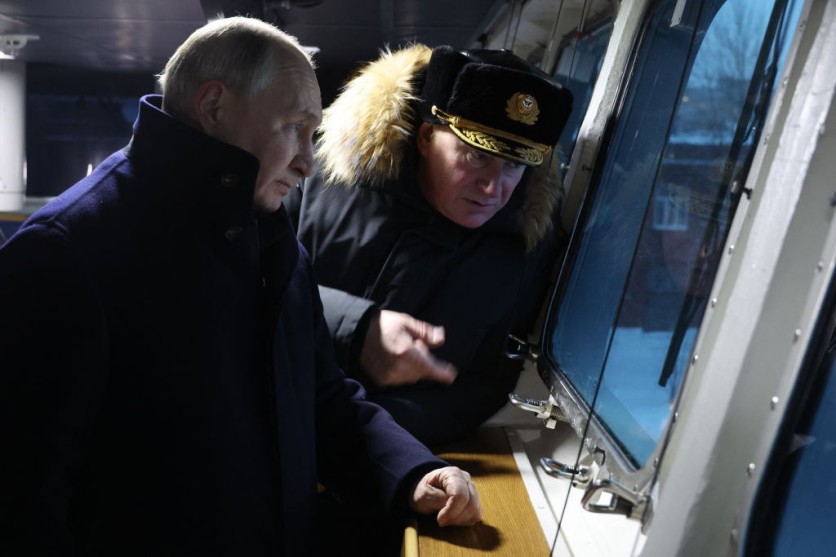Russian propagandists exploited videos from the Cameo platform to fuel their misinformation campaigns, a revelation made by cybersecurity researchers at Microsoft. The campaign, initiated in July, involved circulating deceptively edited videos of American celebrities, including Elijah Wood and Mike Tyson, through pro-Russia social media channels.
Microsoft's Threat Analysis Center published a report on Thursday, revealing that an unknown Russia-aligned influence actor utilized Cameo, a platform where users can pay for personalized video messages from public figures, to obtain these videos.

Manipulated Clips
The celebrities featured in the videos seemed unaware that their footage was manipulated to appear as if they were attacking Ukrainian President Volodymyr Zelensky. The edited videos often depicted celebrities discussing substance abuse, were adorned with emojis and links, and were widely shared on pro-Russian social media accounts, according to CNN.
State-backed Russian media outlets further amplified these videos, presenting them inaccurately as messages appealing directly to President Zelensky.
Microsoft researchers have observed at least seven instances of these manipulated celebrity video messages since late July 2023. Celebrities involved, such as Priscilla Presley, Dean Norris, Kate Flannery, and John McGinley, reportedly did not know about the deceptive editing.
Representatives for Mike Tyson asserted that the circulating videos were false and that Tyson had "zero involvement" in creating such content.
The deceptive videos were edited to mimic interviews with news outlets or the celebrities' own social media accounts, forming part of broader pleas to Zelensky to seek help for a supposed substance abuse issue. The development marks a new method by pro-Russian actors to propagate false claims about Zelensky's personal struggles.
Russian Disinformation Campaign Targeting Ukrainian Public Morale
Microsoft emphasized the adaptability of Russian cyber and influence operators throughout the Ukraine war. These operators aim to demoralize the Ukrainian public, launch concentrated attacks on the country's agriculture sector, and engage in cyberespionage operations against the Ukrainian military and its foreign supply lines.
Despite the death of Russian businessman Yevgeny Prigozhin in August 2023, owner of the Wagner Group and the infamous Internet Research Agency troll farm, Russia has maintained its influence and propaganda capabilities, according to Cybernews.
Microsoft noted that Russian cyber and influence operators continue to conduct prolific and sophisticated malign influence operations, indicating the nation's capacity to sustain these efforts without Prigozhin's direct involvement.
Russia has shifted its anti-Ukraine messaging toward the US and Israel, leveraging threat actor Storm-1099, known for mass-scale website forgery operations and attacks against Ukraine's supporters.
The cybersecurity researchers issued a warning that cyber and influence operations remain an urgent threat to the security of computer networks and civic life within Ukraine and its allies, NATO, and globally. They anticipate that Russian cyber and influence operators will intensify efforts to demoralize the Ukrainian population, target external sources of military and financial assistance for Kyiv, and potentially launch winter attacks on Ukraine's energy sector.
The report also highlighted the likelihood of malign actors exploiting major political events, such as US presidential elections, to degrade support for pro-Ukraine political candidates.

ⓒ 2026 TECHTIMES.com All rights reserved. Do not reproduce without permission.




